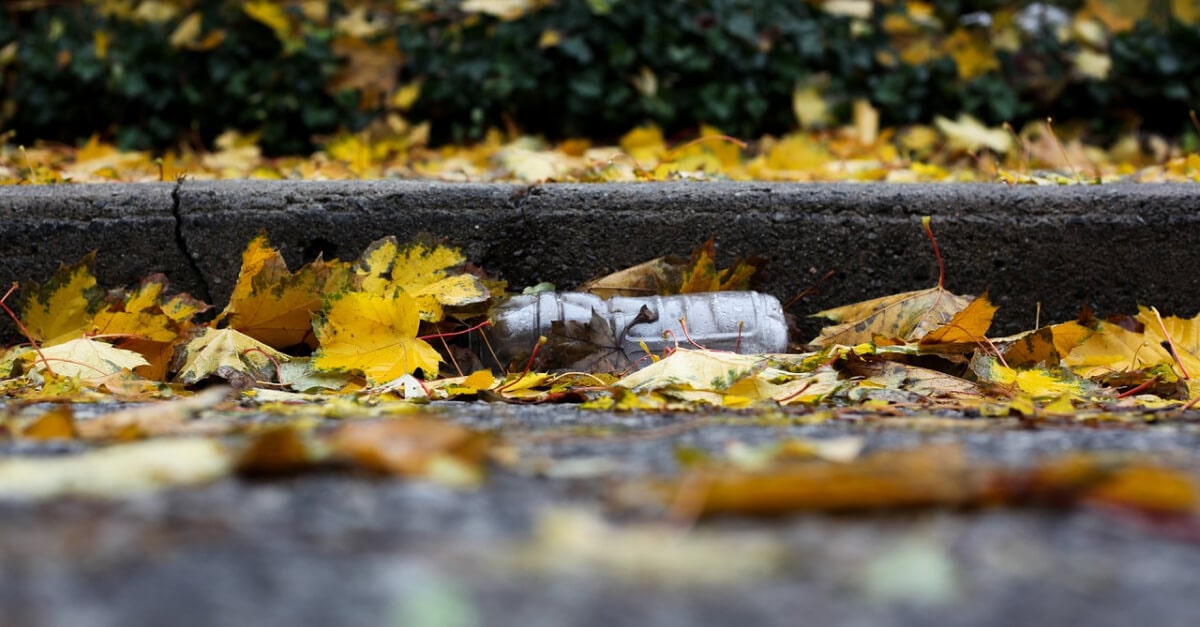Hyundai Motorstudio Senayan Park
Hyundai Motorstudio Senayan Park
Newsroom
The official news from Hyundai Motorstudio Senayan Park and a collection of innovative articles on mobility and sustainability here.
-
Zero Waste Lifestyle, What Can We Do?
- Hyundai Motorstudio Senayan Park 2022.10.24
-
We now live in an environment surrounded by single-use goods and packaging. It is as if markets and trends encourage people to be consumptive when shopping to be happy.
But without us knowing, landfills are now starting to overflow. The oceans are polluted, and the wastelands contain billions of tons of rubbish that cannot be decomposed for hundreds of years and cannot be recycled.
We have now reached the point where the zero waste lifestyle movement is indispensable in safeguarding the future of the ecosystem.
There are still many erroneous assumptions about the zero waste lifestyle that make people wonder or even turn pessimistic.
What is Zero Waste
Maybe some people when they first hear 'zero waste', the reaction that is often heard is "how can you live without making waste?".
It is difficult to live without waste because we still produce it, but we can work around this by implementing a zero waste lifestyle.
Now it's hard to find food without plastic in supermarkets even if it's vegetables or fruit. We are all part of the economic waste stream.
Zero waste is a philosophy that is used as a lifestyle to encourage us to be wiser when consuming and maximize the life cycle of existing resources so that products can be reused.
Zero waste or known to be free of waste can be said to be a concept that invites us to use disposable products more wisely to reduce the amount and bad impact of the waste.
The goal of zero waste is so that waste does not always end up in a landfill, preserving resources and preserving nature.
5R is a zero waste method, namely Refuse (reject), Reduce (reduce), Reuse (reuse), Recycle (recycle) and Rot (rot waste). 5R is a guide in establishing a waste-free lifestyle and using natural resources more wisely.
Why is Zero Waste Lifestyle Needed?
Now the world's people live in a linear economy, where natural resources are taken to be managed into a product but the waste is not recycled, resulting in piles of waste that accumulate.
This linear economy has had a major impact on Indonesia, which has experienced urbanization, to economic development that has succeeded in lifting millions of people out of poverty.
Purchasing power and increasing consumption levels make the production level increase every year due to demand from the market, so this has an impact on air quality, human health and the amount of waste produced.
Indonesia is included in the 10 countries with the largest population in the world. With so many people living, it will certainly cause several problems, including waste production and processing. Therefore, zero waste is needed in order to be a solution to the waste problem.
What Can We Do with a Zero Waste Lifestyle?
The most important goal of a lifestyle with a zero waste concept is to make waste not always end up in the landfill, so the main way is to start a waste-free lifestyle by minimizing and reusing the waste that you produce so that the life cycle of the waste is longer.
Here are some simple ways to implement a zero waste lifestyle, including:
1. Utilizing Unused Items
Maybe some of us are thinking of buying a new product to start a zero waste lifestyle. But actually you can take advantage of the products you have and can still be used over and over again. For example, you can turn used clothes into shopping bags. With this you do not need to increase the number of products in your home.
2. Buy Enough Food
Do you believe it or not, if Indonesia is a country that produces the second largest food waste in the world. Therefore, try to buy food according to your portion and don't overdo it. You can also always bring a food container when you eat out of the house to accommodate leftover food to eat again.
3. Think Before Buying
We certainly look for or buy practical items and are often tempted by impulsive desires. Now try to start becoming a smart consumer who only buys the things you need or starts refusing plastic bags.
Not only is it more economical, you can reduce your carbon footprint this way. You will be happier because your life becomes simpler without a lot of things around you.
4. Separate Organic and Inorganic Waste
Even though we still produce various kinds of waste, at least we can help reduce and process waste by separating organic and inorganic waste bins.
Organic waste is waste that can be decomposed, such as vegetables, fruits, or food scraps. In contrast to inorganic waste, namely dry waste such as glass, paper, bottles, or used plastic packaging for washing soap, which can be recycled.
You can collect and search for waste banks in your city, for example waste4change, banksampah.id or other waste banks that can accept dry or organic waste for recycling .
Zero waste lifestyle does help us evaluate our lifestyle and see how the products we consume can impact the environment. Earth, where humans live, is now in a critical condition.
Let's remind each other and learn to be more concerned in doing something for the survival of our earth, namely by implementing a zero waste lifestyle.




